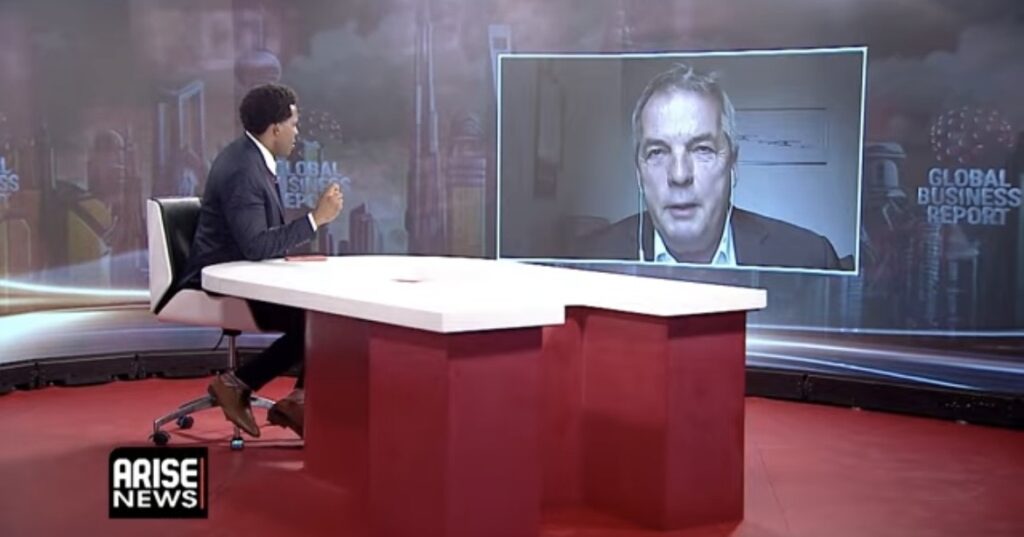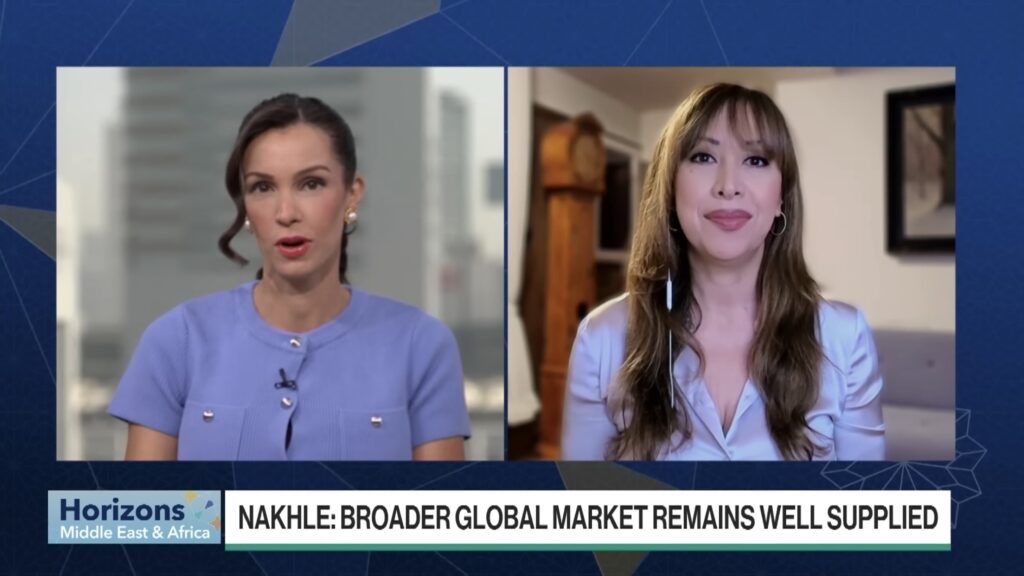Christof Rühl, member of the Advisory Board of Crystol Energy and a Senior Fellow at the Center on Global Energy Policy at Columbia University, discusses the latest global macroeconomic developments and energy markets in this weekly interview to the Gulf Intelligence.
Christof explains the divergence we are seeing between equities and energy prices. There is a key number which sums up the surprise of equity markets quite well. In December 2020, the Fed’s inflation rate forecast for 2021 was 1.2%. A week ago, that number came in at 7.2%. That’s a gross misprojection and consequently the pivot which the Fed had to do was quite dramatic and came unexpected to markets. If inflation is persistent, we will see two things: a need for more rate rises, possibly for more time, and we will see more disappointment and volatility in the markets, even if the consensus among policymakers will be that an inflation rate of 3% or 4% is not too bad.
Meanwhile, the oil price has gone up so smoothly and fast because of a political decision to cut supplies. There is no reason to expect equity markets and all markets to move in tandem. The key question on oil today is that OPEC is running up against its normal capacity of 2 million barrels. That should happen this year and will indicate when and to what extent supply will come online from outside OPEC+.
He further discuses the Russia Ukraine situation and whether that is a big problem for energy markets. What we have is an almost intractable situation which is very likely to lead to a military escalation, probably not in the form of a full-scale invasion of the Ukraine because that would be costly. Russia does not want a thriving and prosperous Ukrainian democracy on its eastern border which could be attractive enough to attract the attention of other countries in that region. Russia wants Ukraine in its orbit as a subservient state with a nonfunctioning government which acts as a buffer of strength. The weakness in the Western response – to prefer peace at all costs and preserving gas deliveries – means that this is a situation which we will find ourselves in again after this crisis has been settled. This is a much more consequential crisis than most of us are expecting.
On the immediate outlook for oil fundamentals, Christof stresses that global demand is key. Secondly, if US sanctions on Russia were to happen, the maximum it would mean would be no Nord Stream II and cutting off Russian financial institutions from the swift system. It is not seen as happening, but if it did, energy markets would be in complete turmoil. It would be very hard for consumers of Russian oil to pay for these exports and very hard for the US and the Europeans to maintain a united front in the face of rising oil and gas prices.
Christof is joined by Jorge Montepeque, President and Founder, Global Markets. Sean Evers from Gulf Intelligence moderates the discussion.
Watch the full discussion:
Related analysis
“European gas crunch: Calm before the storm?“, Dr Carole Nakhle, Dec 2021
“Oil markets: What crisis?“, Dr Carole Nakhle, Nov 2021
Related Comments
“Why crude oil prices are rising“, Dr Carole Nakhle, Jan 2022
“Did Russia deliberately cause the gas crisis in Europe?“, Dr Carole Nakhle, Jan 2022
“Gas crisis in Europe“, Dr Carole Nakhle, Jan 2022
“Major risks for energy markets in 2022“, Dr Carole Nakhke, Dec 2021








